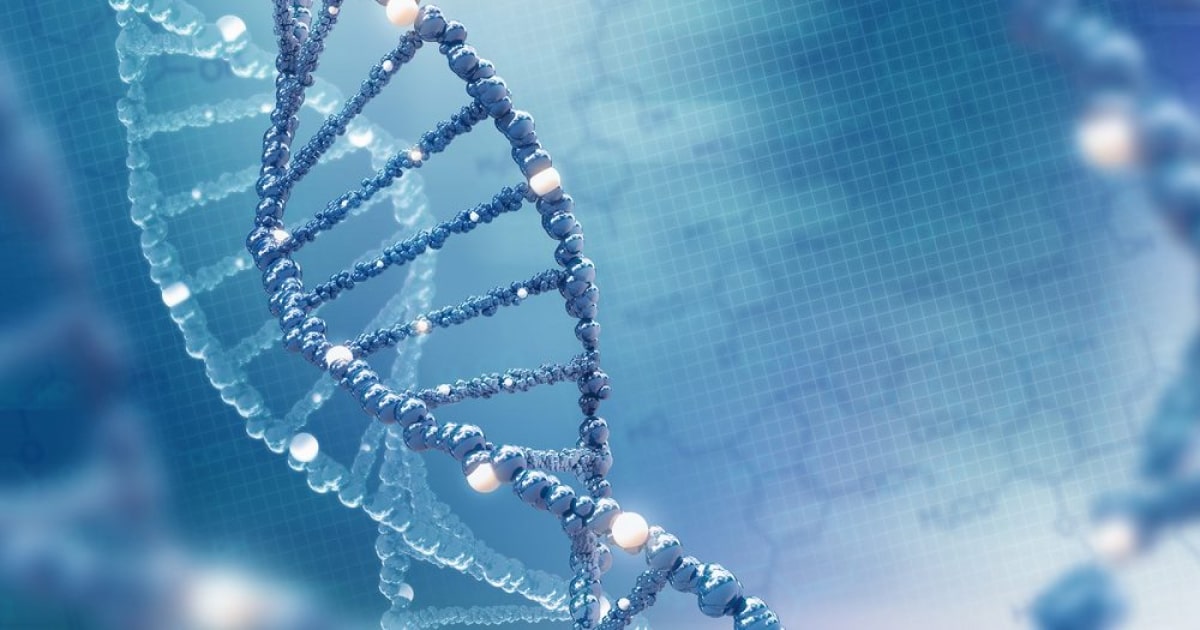
Expert Reviewed By: Dr. Brandon Colby MD
Mitochondrial DNA depletion syndrome 11 (MDDS11) is a rare genetic disorder that disrupts the body's ability to produce energy efficiently. This condition is characterized by a significant reduction in mitochondrial DNA (mtDNA) within tissues, leading to severe clinical manifestations. Recent studies, including a pivotal one involving a novel RRM2B variant in a Chinese infant, have shed light on the genetic underpinnings of this syndrome, offering new avenues for diagnosis and treatment.
Understanding Mitochondrial DNA Depletion Syndrome 11
MDDS11 is part of a broader group of disorders known as mitochondrial DNA depletion syndromes, which are typically inherited in an autosomal recessive manner. These disorders are marked by a decrease in the number of copies of mtDNA, which is crucial for the proper functioning of mitochondria, the energy powerhouses of our cells. Symptoms can vary widely but often include muscle weakness, neurological deficits, and organ dysfunction.
Genetic Insights: The Role of RRM2B
The recent identification of a novel RRM2B variant in a Chinese infant has expanded our understanding of the genetic landscape of MDDS11. The RRM2B gene plays a critical role in the maintenance of mtDNA, and mutations in this gene can lead to a spectrum of mitochondrial disorders. This discovery not only highlights the importance of RRM2B in mitochondrial function but also underscores the potential for genetic testing to identify and characterize such variants.
Genetic Testing: A Diagnostic Tool
Genetic testing for MDDS11 can provide a definitive diagnosis by identifying specific mutations in the RRM2B gene or other related genes. This is particularly valuable in cases where clinical symptoms are ambiguous or overlap with other mitochondrial disorders. Early and accurate diagnosis through genetic testing can guide treatment decisions and improve patient outcomes.
Genetic Testing: Informing Family Planning
For families with a history of MDDS11, genetic testing offers crucial information for family planning. Carrier testing can identify individuals who carry a copy of the mutated gene, allowing them to make informed reproductive choices. Prenatal testing can also be conducted to assess the risk of the disorder in unborn children.
Genetic Testing: Advancing Research
The use of genetic testing extends beyond individual diagnosis and family planning. It plays a pivotal role in advancing research by helping scientists understand the genotype-phenotype correlations in MDDS11. As more genetic variants are identified, researchers can develop a more comprehensive picture of how these mutations impact mitochondrial function and contribute to disease.
Genetic Testing: Tailoring Treatments
While there is currently no cure for MDDS11, genetic testing can inform personalized treatment approaches. By understanding the specific genetic mutations involved, clinicians can tailor interventions to address the unique needs of each patient. This may include supportive therapies, dietary modifications, and experimental treatments aimed at enhancing mitochondrial function.
Conclusion: The Future of MDDS11 Diagnosis and Management
The discovery of the novel RRM2B variant in a Chinese infant represents a significant step forward in our understanding of MDDS11. Genetic testing not only facilitates early and accurate diagnosis but also empowers families with valuable information for decision-making and contributes to the broader scientific understanding of this complex disorder. As research continues to unravel the genetic threads of MDDS11, there is hope for improved management strategies and, ultimately, the development of effective therapies.
For more in-depth information on this study, please refer to the original research article: Frontiers in Pediatrics.
About The Expert Reviewer
Dr. Brandon Colby MD is a US physician specializing in the personalized prevention of disease through the use of genomic technologies. He’s an expert in genetic testing, genetic analysis, and precision medicine. Dr. Colby is also the Founder of and the author of Outsmart Your Genes.
Dr. Colby holds an MD from the Mount Sinai School of Medicine, an MBA from Stanford University’s Graduate School of Business, and a degree in Genetics with Honors from the University of Michigan. He is an Affiliate Specialist of the American College of Medical Genetics and Genomics (ACMG), an Associate of the American College of Preventive Medicine (ACPM), and a member of the National Society of Genetic Counselors (NSGC)